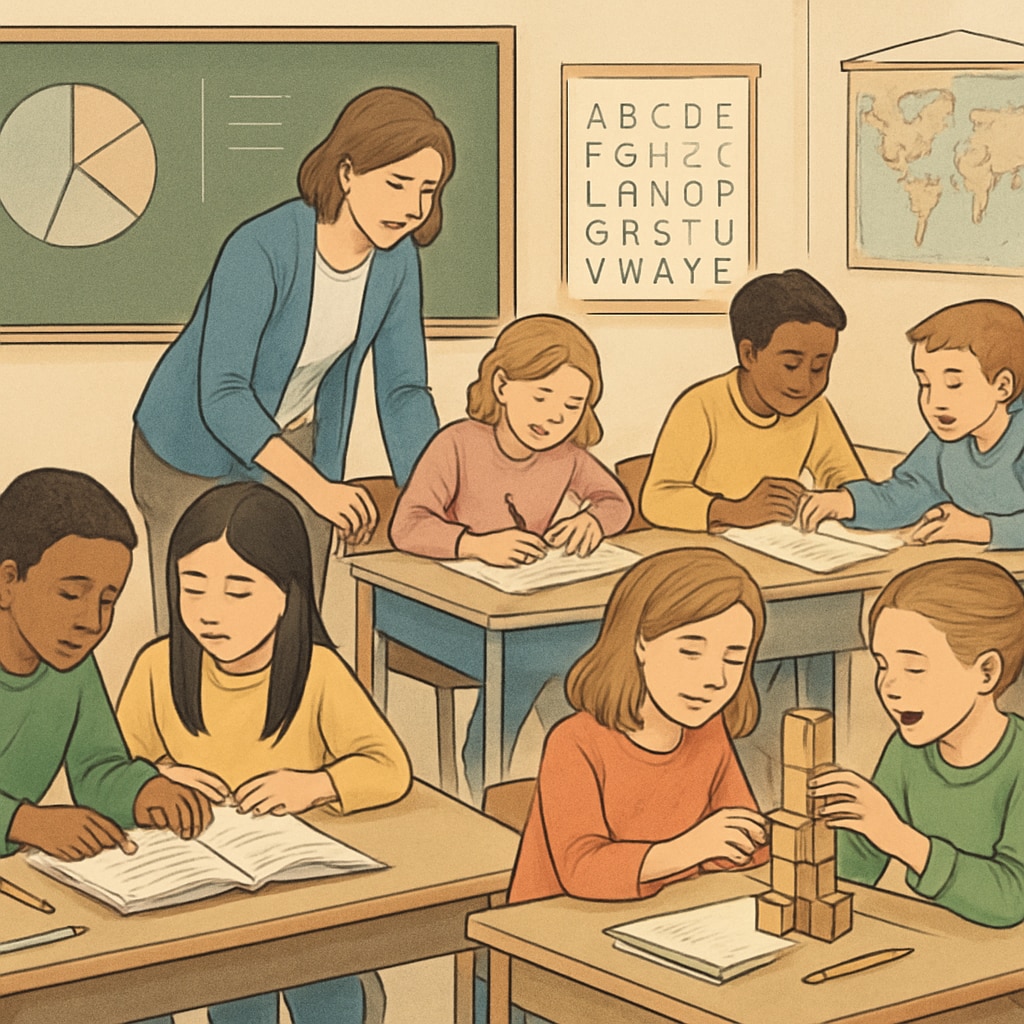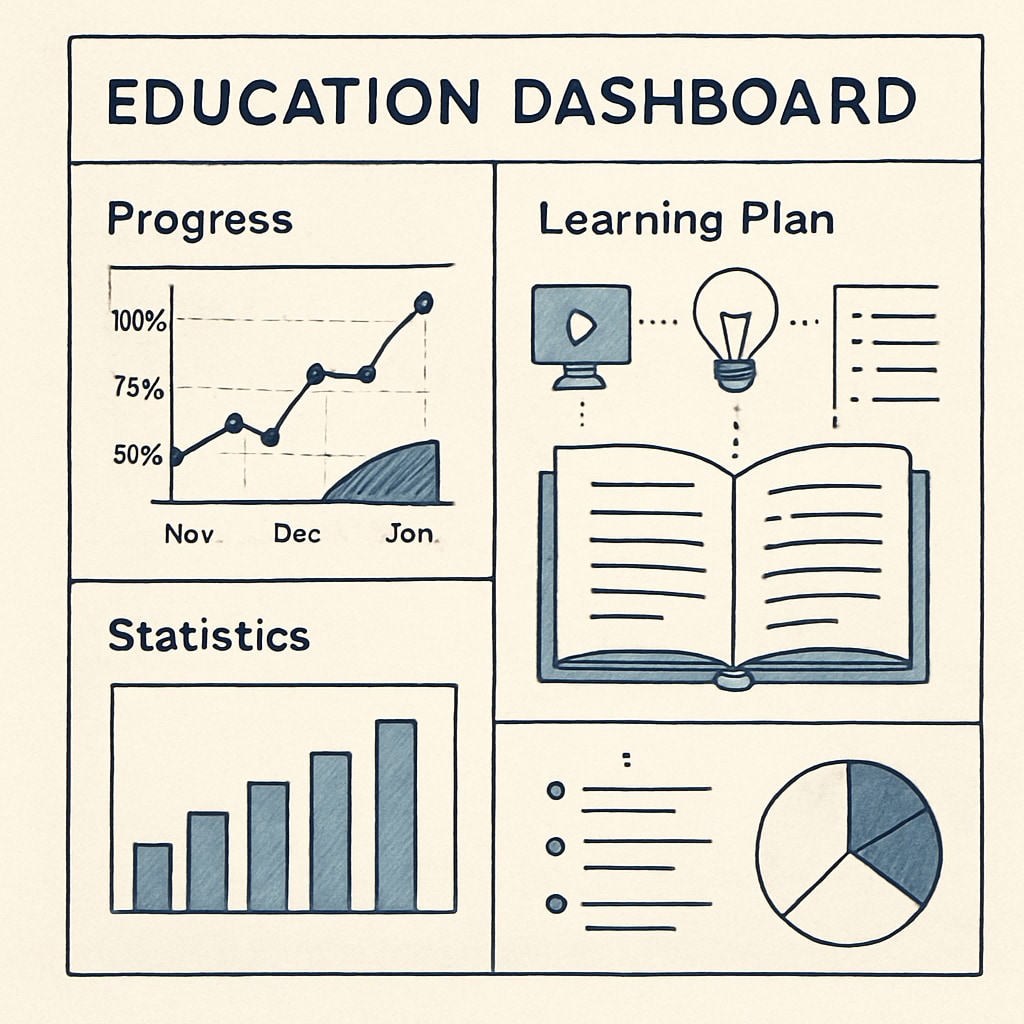In modern education, the excessive focus on grades as the primary measure of learning outcomes has sparked widespread debate. While grades provide a standardized way to evaluate students, they often fail to capture the diverse skills, aptitudes, and holistic growth of learners. This article delves into the limitations of traditional grading systems and explores innovative approaches such as formative assessment, skill-based evaluation, and real-time tracking to create a more effective and equitable K12 education assessment framework.
The Limitations of Traditional Grade-Based Assessments
Grades have long been the cornerstone of academic evaluation, but their limitations are increasingly apparent. For instance:
- Narrow focus: Grades typically emphasize test scores and rote memorization, neglecting soft skills like creativity, critical thinking, and collaboration.
- One-size-fits-all: The grading system assumes that all students learn at the same pace and in the same way, which is far from reality.
- Stress and pressure: Overemphasis on grades often leads to anxiety, hampering students’ mental well-being and intrinsic motivation to learn.
As a result, educators and policymakers are increasingly advocating for alternative methods that prioritize a broader and more nuanced understanding of student progress.

Innovative Approaches to Learning Assessment
To move beyond the limitations of grades, schools and educators are exploring several innovative assessment methods:
1. Formative Assessments
Unlike summative assessments that measure learning at the end of a term, formative assessments provide continuous feedback throughout the learning process. These include techniques like peer reviews, quizzes, and project-based evaluations. Formative assessments encourage students to actively engage with the material and allow educators to adjust teaching strategies in real-time.
2. Skill-Based Evaluations
Skill-based assessments focus on measuring specific competencies rather than overall grades. For example, a student’s ability to solve real-world problems, communicate effectively, or think critically can be evaluated through scenario-based tasks or practical projects. This method aligns more closely with the demands of the modern workforce.
3. Personalized Learning Paths
Every student is unique, and personalized learning assessments cater to individual strengths and weaknesses. By leveraging technology, such as AI-powered platforms, educators can track progress in real-time and tailor learning experiences to each student’s needs.

Real-Time Tracking: A Game-Changer in Education
One of the most promising advancements in education assessment is the use of real-time tracking systems. These tools collect data on student performance, engagement, and progress, enabling educators to make informed decisions. For example:
- Immediate feedback: Teachers can identify gaps in understanding and provide timely interventions.
- Data-driven insights: Analytics tools offer a comprehensive view of student growth over time, beyond just test scores.
- Parental involvement: Real-time updates empower parents to support their children’s learning journey effectively.
Conclusion: Building a Holistic Assessment System
Transitioning from a grade-centric approach to a more holistic assessment framework requires collaboration among educators, policymakers, and technologists. By adopting formative assessments, skill-based evaluations, and personalized learning paths, we can create an education system that values every student’s unique potential. The ultimate goal is not just to measure learning but to inspire it. As a result, students will be better prepared not only for exams but for life beyond the classroom.
It’s time to rethink how we assess learning and prioritize methods that truly reflect the diverse skills and talents of the next generation.


